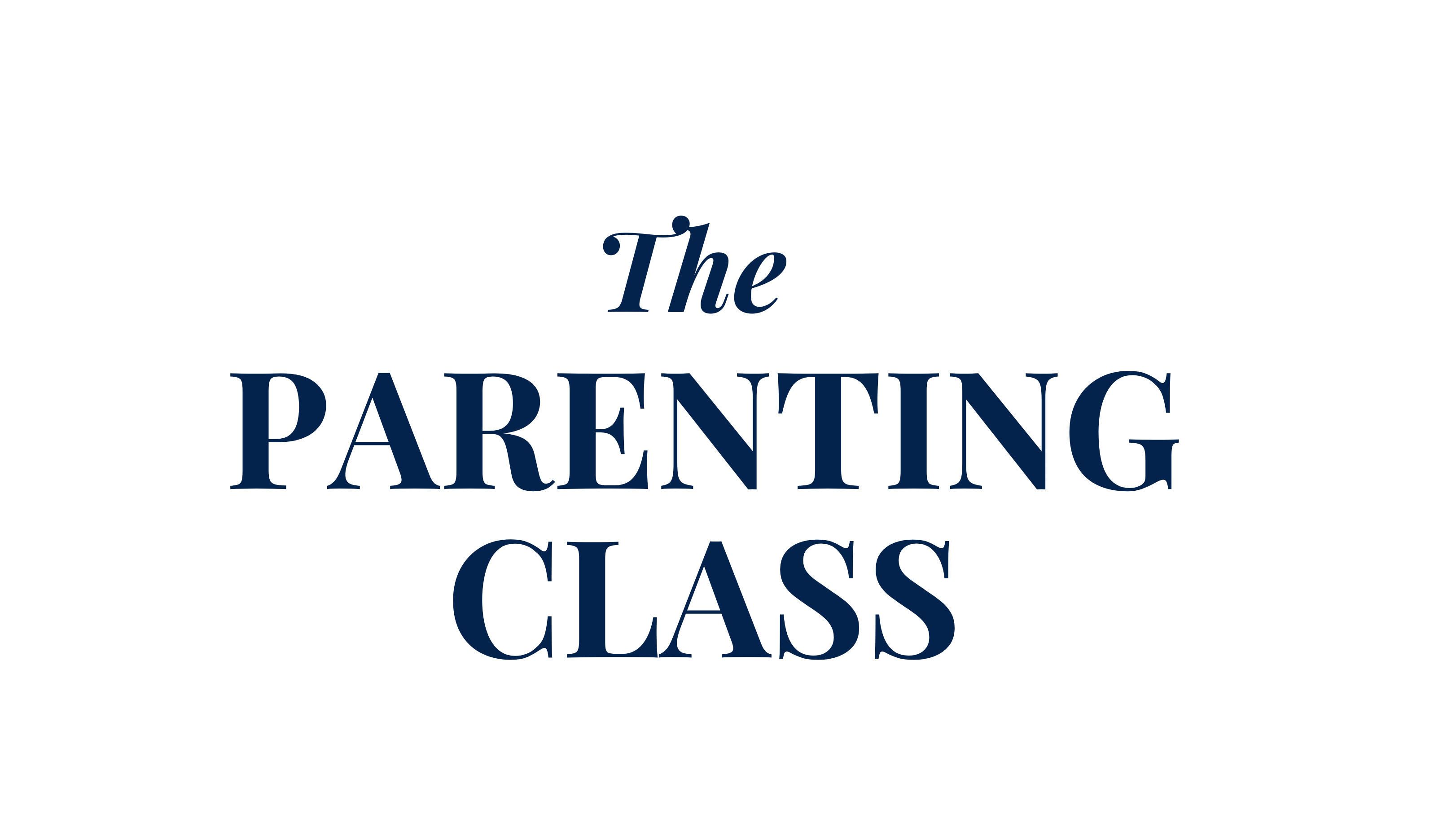The Father Who Raised Three Geniuses – And What We Can Learn From Him
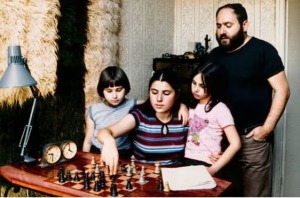
In the world of chess, few names carry as much weight as the Polgárs. But behind the success of these three remarkable sisters stands a father who refused to believe that genius was a gift reserved for a lucky few. Hungarian educational psychologist László Polgár set out to prove something radical: that genius could be raised, not born.
The Genius Experiment
László Polgár believed that early childhood was not only the best time to start learning—it was the most important. Drawing from neuroscience and educational psychology, he argued in his book that the preschool years, particularly ages 3 to 6, were a “golden window” when the brain is most flexible and ready to grow.
He rejected the idea of innate talent. Instead, he insisted that with the right environment, any child could be guided to excellence. Chess was the medium he chose after his first daughter showed interest in a chess board the family had at home. It was the perfect game: structured, creative, and intellectually demanding.
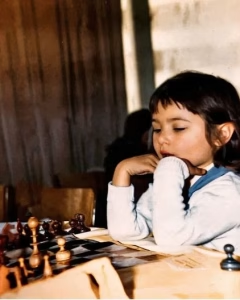
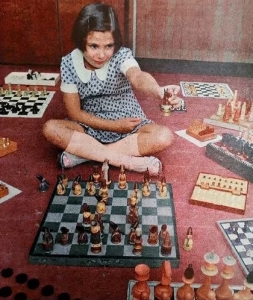
So he turned his home into a training ground. He and his wife Klára homeschooled their daughters, starting with Susan, followed by Sofia and Judit. There were no dolls in the house. Polgár has been quoted saying he was afraid playing with dolls would make his daughters lose the aggressiveness needed to play good chess.
The girls played with chess pieces instead. And by the time they reached school age, they were already beating adults.
What Did the Polgár Sisters Say About Their Childhood?
One of the most common questions people ask is: Did they miss out on childhood?
Was it too intense? Too rigid? But the sisters themselves have consistently said no.
“For us, chess was fun,” Judit Polgár has said in interviews.
“We loved the challenge. We loved the focus.”
All three sisters have emphasized that their upbringing was loving and stimulating. That playing chess was simply something everyone in their family did- for 5-6 hours a day. Their parents didn’t use force or fear—they created an environment where learning felt like a game.
Susan, now a renowned coach and author, often talks about how her father’s confidence in them shaped her sense of possibility.
Sofia, too, remembers their childhood as vibrant and joyful, even if unconventional. For them, discipline and joy weren’t opposites. They were part of the same journey.
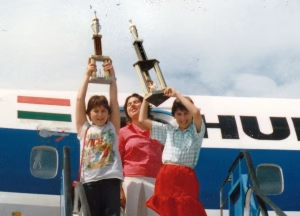
Want weekly, ready-to-use tools to support your child’s brain development? Check out Little Minds Toolbox – my subscription of printable brain games and exercises for ages 2–6. As a mother of two, I’ve applied these same methods with my own kids – including my daughter, who became one of the youngest members of Mensa.
Fighting for Equality: Girls vs. Boys in Chess
When In the 1980s, the idea that girls could seriously compete against boys in chess was controversial, even laughable to some. Susan wasn’t even allowed to compete in boys’ tournaments at first. But László Polgár fought that head-on.
He believed it was not just about chess, but about justice. If his daughters were to reach their full potential, they needed equal access to the toughest competition – and that meant playing against boys, not being relegated to “girls only” brackets.
His push paid off. Susan went on to break into the men’s world championship cycle. Judit famously defeated 11 current or former world champions, and is widely considered the greatest female chess player in history.
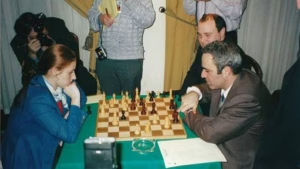
What Made Their Success Possible?
Their success wasn’t a fluke. It came from early, deep engagement with a rich intellectual activity. But it also came from emotional safety, structure, and belief. The Polgár home was filled with books, ideas, challenges – and encouragement.
László didn’t believe in forcing greatness. He believed in creating conditions where greatness could grow. He once said, “Every healthy child is a potential genius. Most never discover what they’re capable of.”
He also believed it was a parent’s moral responsibility to help children discover that potential. Not through pressure – but through presence, purpose, and persistence.
You don’t need to raise a chess prodigy — but László Polgár’s approach can inspire how we think about potential in any child. Here are three principles from his method that are supported by research:
1 – Start Early
Polgár believed the preschool years (ages 3–6) were a golden window for learning. Neuroscience supports this: during this time, the brain is building new connections faster than at any other stage in life. Introducing meaningful, stimulating activities early on creates a foundation for lifelong growth. Want weekly, ready-to-use tools to support your child’s brain development? Check out Little Minds Toolbox – my subscription of printable games and exercises for ages 2–6. As a mother of two, I’ve applied these same methods with my own kids – including my daughter, who became one of the youngest members of Mensa.
2 – Practice Consistently (and Joyfully)
The Polgár sisters practiced daily — not with pressure, but with purpose. Research on mastery, including the 10,000-hour rule popularized by Malcolm Gladwell (and based on studies by Anders Ericsson), shows that sustained, focused practice is key to high-level skill development. The takeaway? Create time every day for your child to explore and go deep into what excites them.
3 – Believe in Your Child’s Potential — Then Build the Environment Around It
László didn’t treat his daughters as “gifted” — he treated them as capable. He removed barriers, filled their home with books and learning tools, and stayed actively engaged. The belief came first. The environment followed.
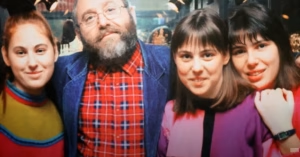
Legacy: What We Can Learn Today
Today, all three Polgár sisters have become more than chess legends. They are educators, mentors, and advocates for smarter, more loving learning.
Judit runs an educational foundation aimed at changing how we think about childhood learning. Susan has coached generations of students and leads a top university chess program in the U.S. Sofia teaches and creates art. Each in their own way has extended their father’s vision.
Their story isn’t just about chess. It’s about what happens when we believe in children—not as who they are now, but as who they could become.
Sign up for my Science & Parenting newsletter, where I share the latest research-backed insights to support your child’s brain development.
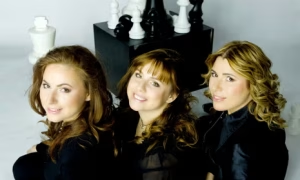
László Polgár didn’t just raise champions. He challenged our most basic assumptions about talent, gender, and potential. And he left behind a legacy far bigger than trophies or titles.
He proved what might be possible if every child had someone who truly believed in what they could become—and gave them the space, tools, and time to grow into it.
Need a sneak peek?
The Growth Formula gives you science-backed tools to nurture your baby’s brain, body, and daily life – with clarity, confidence, and calm.
From early learning and executive function to starting solids in the most nutritious and brain-building way and supporting physical milestones, this course translates the latest research into simple, everyday strategies you can actually use – no pressure, no perfectionism required.
